Well-conducted elections but misuse of state resources and unregulated campaign finance persist.
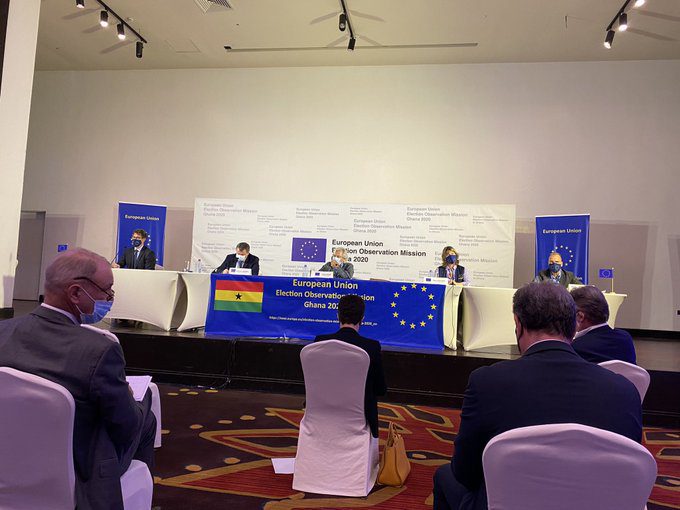 The European Union Election Observation Mission has observed that the 2020 elections in Ghana were organised in an efficient and transparent manner, and voters participated freely but the polarised online campaigns characterised by misinformation risked confusing voters.
The European Union Election Observation Mission has observed that the 2020 elections in Ghana were organised in an efficient and transparent manner, and voters participated freely but the polarised online campaigns characterised by misinformation risked confusing voters.
Ghana’s 2020 elections were organised in an efficient manner and took place in a peaceful atmosphere, according to the preliminary findings of the European Union Election Observation Mission (EU EOM). However, shortcomings identified by previous, mainly related to the transparency of campaign finance and misuse of state resources, still persist, said Chief Observer Mr. Javier Nart.
“These were positive elections,” said Mr. Nart, a Member of the European Parliament from Spain, noting that polling took place in a polarized environment.
Presenting the EU EOM’s preliminary statement at a press conference today in Accra, the Chief Observer said that on election day, the vast majority of EU EOM observers positively assessed the voting process and the election environment. “Ghanaians voted freely, and while there were isolated violent incidents on election day and during the campaign, fears of violence and vigilantism fortunately did not materialise.”
However, Chief Observer Nart also stressed that, “Unregulated campaign finance, the reportedly common practice of vote-buying, and the prevalent misuse of state resources for electioneering purposes did not contribute to creating a level playing field among contestants. It would benefit future elections in Ghana if these issues were addressed.”
The contest was unique, Mr. Nart pointed out, featuring, among the 12 candidates, a president and a former president. “And, for the first time, we had a woman running as a vice-presidential candidate. However, our mission has also noted that women are significantly underrepresented in Ghanaian politics, and this issue should be addressed as a priority.”
On election day the EU EOM deployed some 80 observers throughout the country. The mission arrived in Ghana on 31 October, and will remain to observe post-electoral developments.
The Chief Observer emphasised that the electoral process was not yet over, and that the findings of the EU EOM were preliminary in nature. In about two months Mr. Nart will return to Ghana to present a more comprehensive final report containing recommendations for improving the quality of future elections.



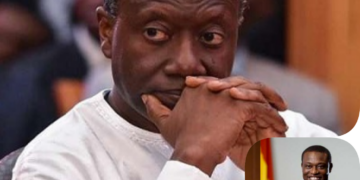
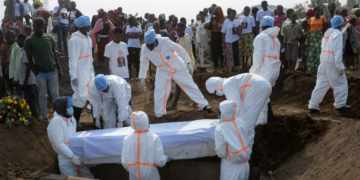


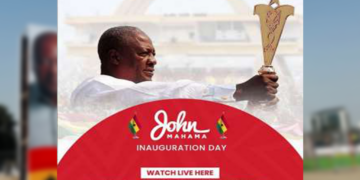
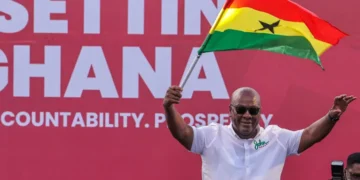

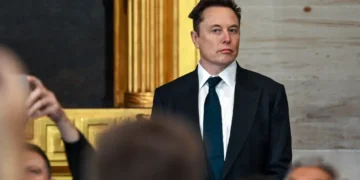


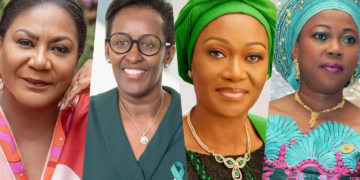






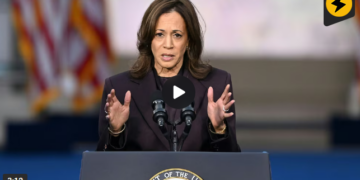

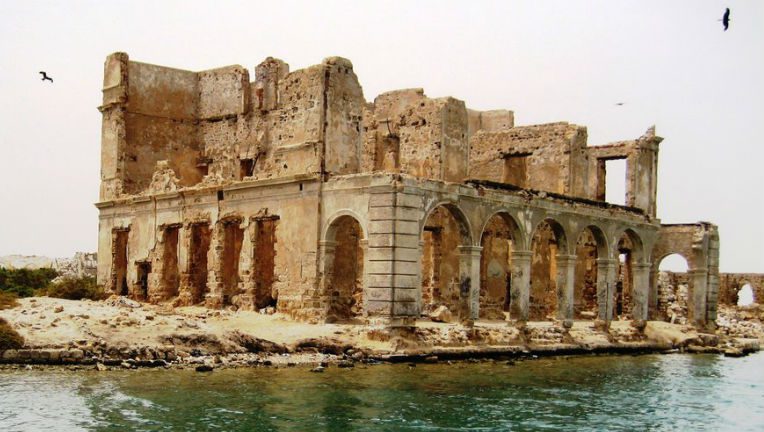

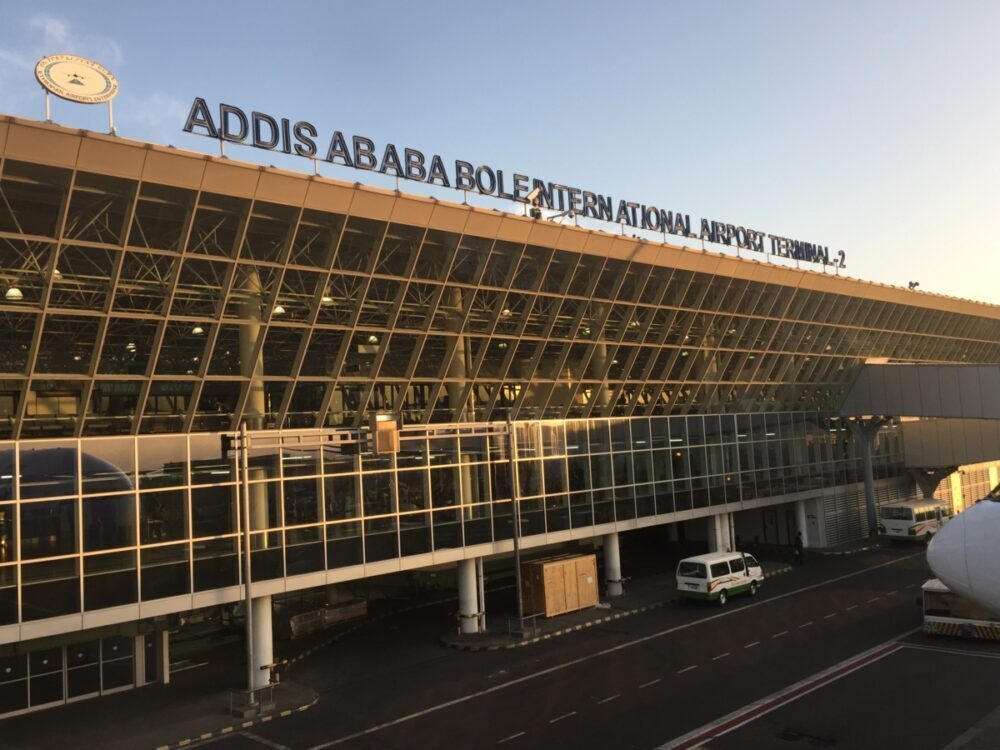

















Discussion about this post